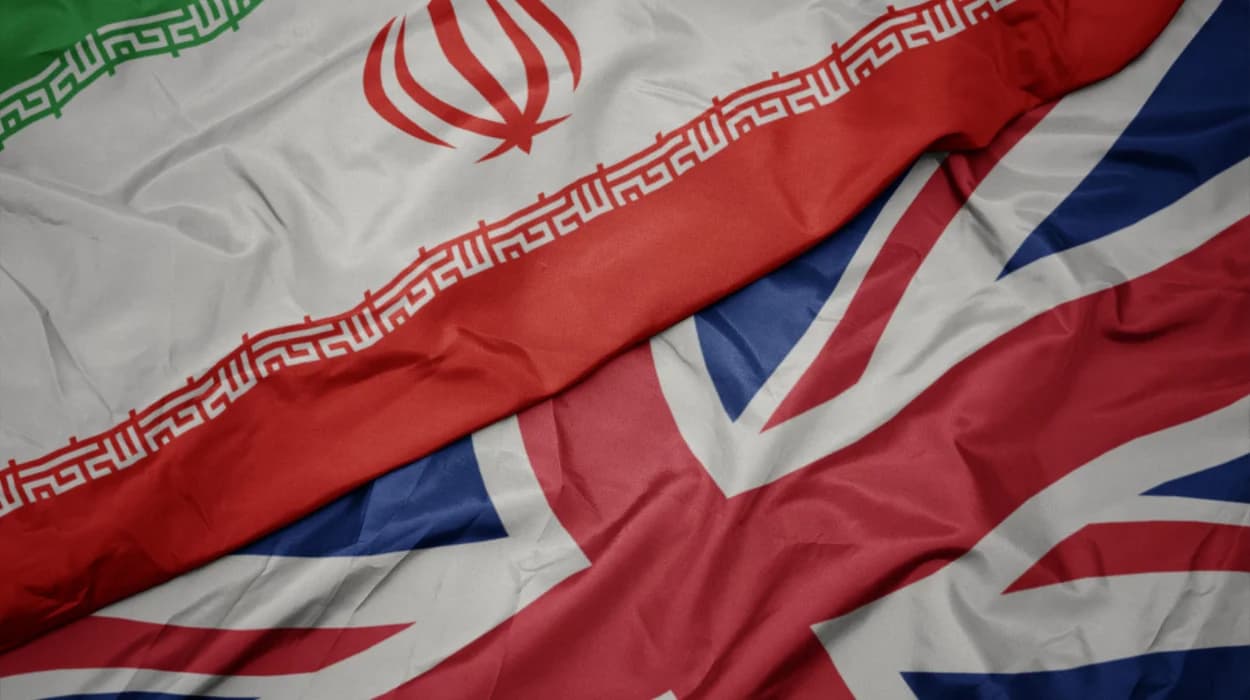Executive
Summary:
A recent report highlights an escalating and
unpredictable threat from Iran towards the UK, raising concerns over national
security and diplomatic relations. The report details various dimensions of
Iran's activities that pose risks, urging the UK government to strengthen its
countermeasures and strategic responses.
What Does
the Report Say About the Threat from Iran?
As reported by various media outlets, the UK is confronting
a rising and unpredictable threat from Iran, encompassing cyber
attacks, espionage, and proxy activities that challenge British interests both
domestically and internationally. The report warns that Iran's strategic
posture has become more aggressive and less predictable, complicating the UK's
ability to anticipate and mitigate risks effectively.
The threat is not confined to conventional military actions
but extends to asymmetric tactics, including cyber intrusions
targeting critical infrastructure and financial systems, as well as covert
operations through allied groups in the Middle East and beyond.
Report
Production and Its Key Findings
The report, compiled by a coalition of security experts and
intelligence analysts, underscores the diversification of Iran's threat
capabilities. It highlights:
- Increased
cyber warfare activities aimed at UK government agencies and private
sector entities.
- Expansion
of Iran-backed proxy groups that operate in volatile regions, potentially
destabilising global security.
- The
use of disinformation campaigns to influence public opinion and political
processes within the UK.
The report calls for a multi-faceted approach to
counter these threats, involving enhanced intelligence sharing, robust cyber
defence mechanisms, and proactive diplomatic engagement.
UK Government
Respond to the Threat
According to statements attributed to government officials
in the report, the UK is taking the warnings seriously. Efforts include:
- Strengthening
cybersecurity frameworks to protect critical national infrastructure.
- Increasing
surveillance and intelligence operations focused on Iranian activities.
- Collaborating
with international partners, particularly within NATO and the EU, to
coordinate responses.
The government is also reviewing its foreign policy
stance towards Iran, balancing the need for diplomatic dialogue with
the imperative to deter hostile actions.
Why Is
the Threat Considered Unpredictable?
The report emphasises that Iran's threat profile is marked
by unpredictability due to its hybrid warfare tactics. Unlike
conventional state actors, Iran employs a blend of overt and covert methods,
making it difficult to anticipate the timing, location, and nature of its
operations.
This unpredictability is compounded by Iran's willingness to
escalate tensions rapidly in response to geopolitical developments, as seen in
recent years with incidents in the Gulf region and cyber incidents worldwide.
The
Potential Consequences if the Threat Is Not Addressed
Security analysts warn that failure to adequately address
the threat could lead to:
- Increased
cyber attacks are disrupting essential services and economic stability in the
UK.
- Escalation
of proxy conflicts that might draw the UK into regional confrontations.
- Damage
to diplomatic relations and the UK's standing on the global stage.
The report stresses that proactive and sustained
efforts are necessary to mitigate these risks and protect national
interests.
Experts’
Sayings About the Situation
Security expert Dr. Emily Carter, quoted in the report,
notes:
"The evolving nature of Iran's threat requires the UK to adapt rapidly.
Traditional defence mechanisms are insufficient against hybrid tactics that
combine cyber, proxy warfare, and disinformation."
Similarly, former intelligence official Mark Reynolds
highlights the importance of international cooperation:
"No single nation can tackle this challenge alone. The UK must work
closely with allies to monitor and counteract Iran's activities effectively."
How Does
This Threat Fit into the Broader Geopolitical Context?
The report situates the UK-Iran dynamic within a complex
geopolitical landscape, where tensions in the Middle East, nuclear
negotiations, and global power shifts all play a role. Iran's actions are seen
as part of a broader strategy to assert regional influence and challenge
Western interests.
This context necessitates that the UK not only focuses on
immediate security concerns but also engages in long-term strategic
planning to navigate the evolving international order.
The report serves as a stark reminder of the
multifaceted and escalating threat Iran poses to the UK. It urges policymakers
to adopt comprehensive strategies that combine defence, diplomacy, and
international collaboration to safeguard national security in an increasingly
uncertain world.
